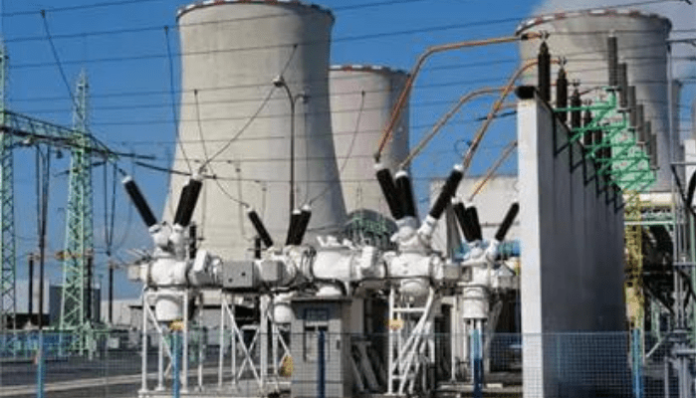Political Intrigues and Greed: Challenges Faced by the Aba Geometric Power Project

In 2005, Geometric Power entered into an agreement with the Nigerian government to generate and distribute power in Aba, the industrial hub in Eastern Nigeria. Despite the promise of providing 24-hour power supply to the city, it took nearly two decades for Geometric to overcome political obstacles and fulfill its commitment. The Aba Integrated Power Plant, the first of its kind in Nigeria, eventually started operations on February 25, 2024, but the journey was marred by murky dealings, government ineptitude, and private greed.
Owned by engineering professor and former power minister Barth Nnaji, Geometric Power faced numerous challenges that nearly derailed the project. Vested interests, crony capitalists, bureaucratic barriers, and murky dealings within Nigeria's political class hindered the progress of the 181-megawatt power plant. The plot to thwart Geometric's efforts involved a complicit president, a vice president influenced by vested interests, and a weakened Bureau of Public Enterprises (BPE).
The National Electricity Regulatory Commission (NERC) and Interstate Electrics, owners of Enugu Disco, also played significant roles in obstructing the Aba power project. Emeka Offor, chairman of Chrome Group and promoter of Interstate Electrics, reportedly obstructed the power plant's operation, causing prolonged blackouts in Aba. Offor's political connections, including his friendship with then Vice President Namadi Sambo, contributed to frustrating the power project.
The involvement of key figures such as Pius Anyim, Namadi Sambo, Sam Amadi, Benjamin Dikki, and Mohammed Bello Adoke further complicated the situation. Their actions, influenced by political interests, deceit, and disregard for agreements, delayed the project financed by a consortium of investors and international organizations.
Despite Geometric's licensing in 2005 to provide power supply to Aba and Ariaria business units, the sale of Enugu Disco to Interstate Electrics without exempting Aba created friction between the two entities. The National Council on Privatisation (NCP) bent rules in favor of Interstate Electrics, leading to a contentious privatisation process that violated existing agreements.
Legal battles ensued, with Geometric seeking to restrain BPE from listing Aba business units for privatisation. The NCP set up a peace committee to explore an out-of-court settlement, acknowledging the encumbrances on the Aba ring-fenced area. However, promises to resolve the matter during the Goodluck Jonathan administration remained unfulfilled.
It was not until 2020, under the Muhammadu Buhari administration, that the impasse was finally resolved. Geometric Power, having invested $800 million in its integrated power project, including a natural gas pipeline, overcame the dark clouds that had long hindered its progress. The Aba project, described as the largest investment in the Southeast, serves as a case of delayed success marred by political intrigues and greed.
